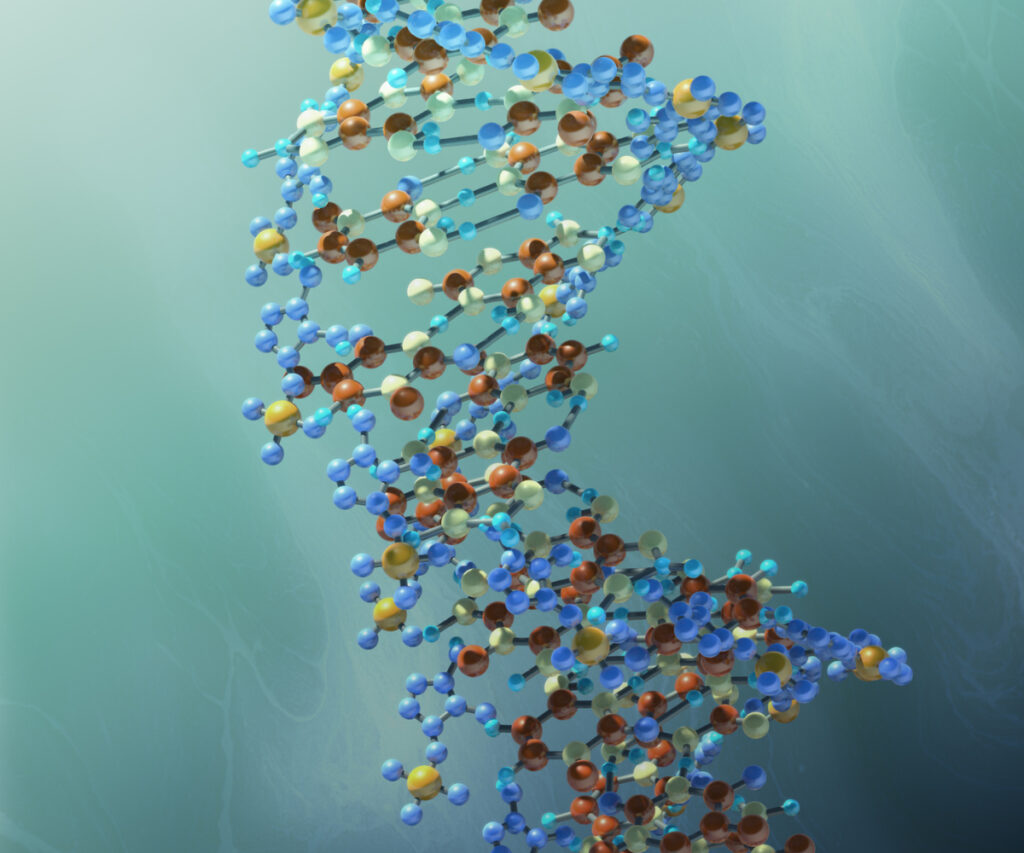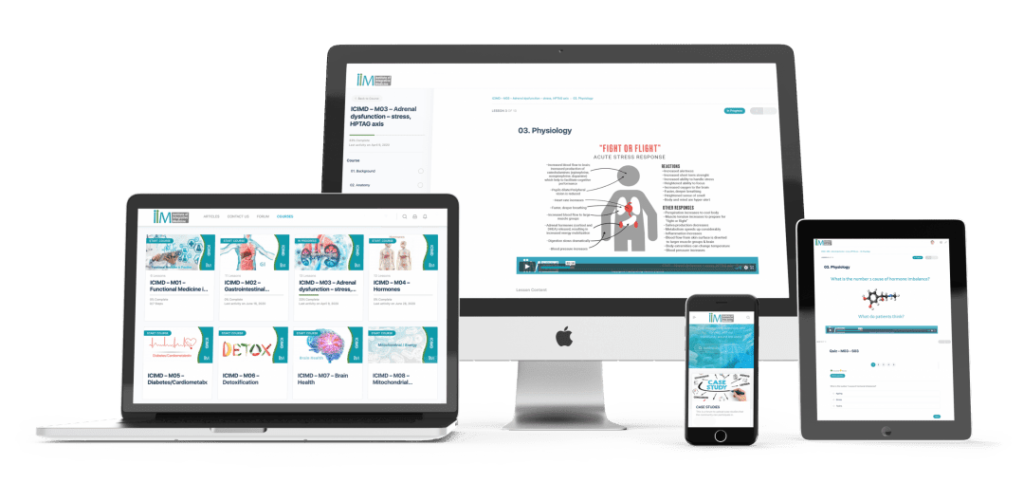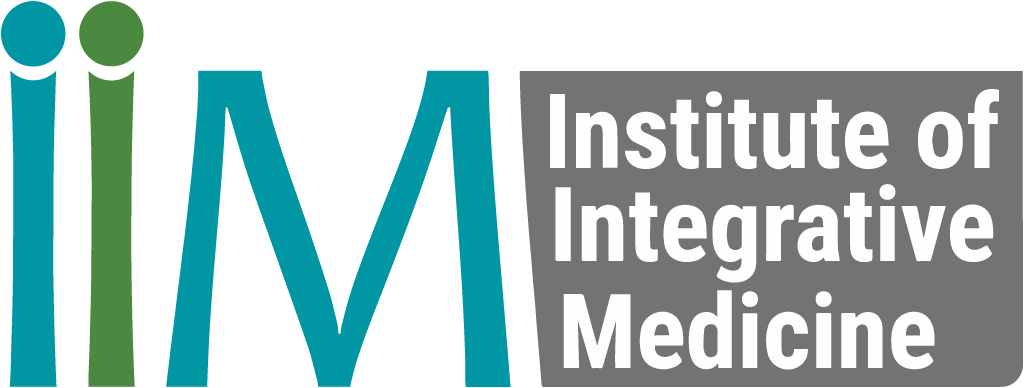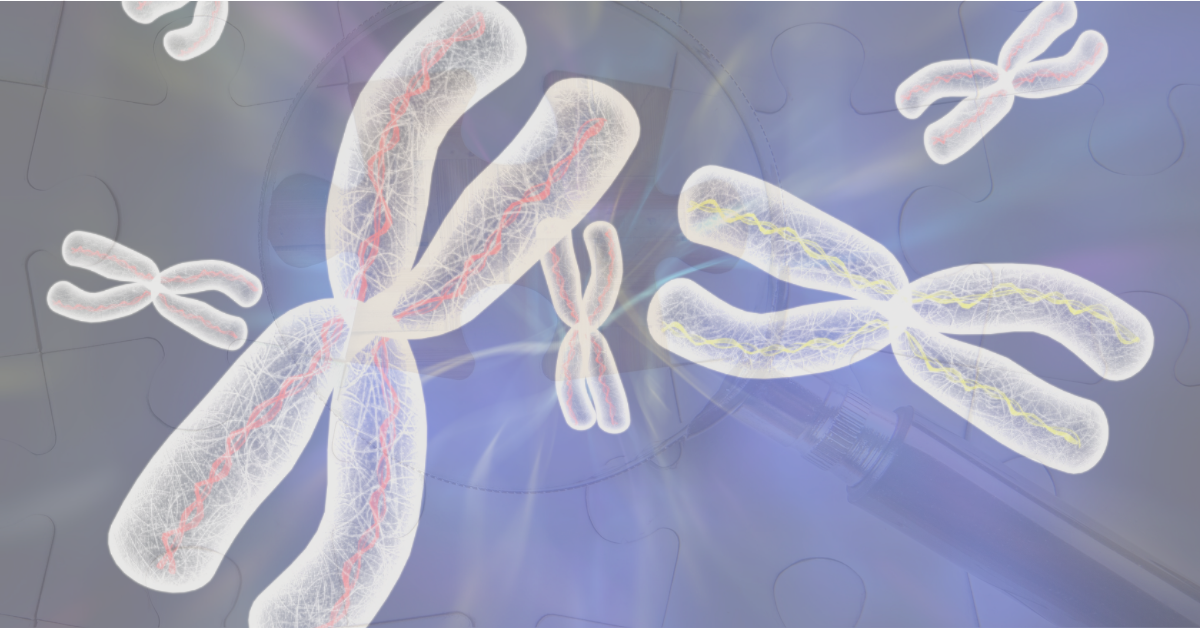Epigenetics and Its Impact on Cancer Risk
For years, the interplay between genes and environment has been a medical mystery. While DNA holds the blueprint of life, recent discoveries highlight the role of epigenetics in influencing how this blueprint is used, impacting disease risk and progression. Excitingly, research suggests that our lifestyle choices can act as powerful epigenetic modulators, potentially influencing factors like cancer risk and treatment response. This emerging field of integrative medicine empowers both healthcare professionals and patients to explore the deeper connection between lifestyle and health.
The unrelenting rise of cancer, with an estimated 20 million new cases and nearly 10 million deaths in 2022 alone, paints a grim picture. While early detection remains crucial, the true victory lies in preventing this devastating disease from taking root in the first place. This blog delves into the intriguing realm of epigenetics, exploring its potential as a transformative force in cancer prevention.
Beyond the Blueprint: Unveiling the Epigenetic Layer

Imagine the human genome as a blueprint, encoding the instructions for building and maintaining our complex body. Epigenetics, literally translating to “above genetics,” operates like an additional layer on this blueprint, influencing how these instructions are interpreted without altering the underlying code itself. Gene expression is regulated through epigenetic changes. This dynamic interplay involves modifications that act as molecular switches, turning genes on or off, and ultimately shaping our health and susceptibility to diseases like cancer.
Several key epigenetic mechanisms orchestrate this fascinating process:
- Histone modifications: These specialised proteins package DNA into compact units called nucleosomes. Modifications like acetylation, methylation, phosphorylation, and ubiquitination loosen or tighten these packages, regulating how easily the cellular machinery can access and “read” the genes within.
- DNA methylation: The addition of methyl groups to DNA strands generally silences gene expression, while its removal might activate dormant genes. This process plays a crucial role in various cellular functions, including development, differentiation, and maintaining genomic stability.
- Non-coding RNA action: These regulatory molecules, while not directly encoding proteins, play a vital role in gene expression. They can interact with DNA and histones, further influencing how genes are accessed and transcribed.
External Factors Shaping the Epigenetic Canvas
Our environment and lifestyle choices leave their mark on the epigenetic canvas, influencing how genes are expressed and ultimately impacting our health. Here’s a closer look at some key external factors:

- Diet: Deficiencies in essential nutrients, particularly those involved in methylation processes like B vitamins and folate, can hinder enzyme activity, leading to aberrant epigenetic patterns. Conversely, a balanced diet rich in fruits, vegetables, and whole grains can promote beneficial epigenetic modifications.
- Stress: Chronic stress disrupts the delicate balance of hormones and signaling pathways, potentially modifying enzyme activity involved in epigenetic regulation. Managing stress through techniques like meditation and yoga can help mitigate these negative effects.
- Environment: Exposure to environmental pollutants, toxins, and radiation can leave epigenetic marks, potentially increasing cancer risk. Minimising exposure to these harmful agents is crucial for maintaining a healthy epigenome.
- Ageing: Over time, prolonged exposure to environmental influences and the wear-and-tear of cellular processes can lead to gradual changes in the epigenome. However, research suggests that some of these age-related epigenetic alterations might be reversible, offering potential avenues for intervention.
- Lifestyle factors: Smoking, excessive alcohol consumption, drug use, and poor sleep negatively impact the epigenome, potentially increasing susceptibility to various diseases, including cancer. Conversely, adopting healthy habits like regular exercise can promote beneficial epigenetic modifications.
Epigenetics and Cancer: A Symphony of Risk Factors
Striking similarities exist between the factors influencing epigenetic modifications and established cancer risk factors. This intriguing overlap suggests that modifying the very factors that shape our epigenome may hold the key to reducing cancer risk. To learn more about epigenetics, have a look at our Cancer module in the IHP Program.
- Common culprits: Many established cancer risk factors, such as smoking, poor diet, physical inactivity, and chronic stress, also negatively impact the epigenome. This strengthens the notion that addressing these factors through lifestyle modifications can potentially decrease cancer risk.
- Beyond prevention: While prevention remains the ultimate goal, the understanding of epigenetics opens doors for potential therapeutic interventions. Epigenetic therapies alongside traditional treatments might offer avenues for managing existing cancer and improving patient outcomes.
Conclusion
The complex interplay between genetics and environment has long fascinated healthcare professionals. While the human genome provides the blueprint for life, emerging research suggests the crucial role of epigenetics in modulating this blueprint, potentially impacting susceptibility and disease progression. Notably, lifestyle choices are increasingly recognised as potent epigenetic modulators, potentially influencing cancer risk and response to therapy. This burgeoning field of integrative medicine empowers both practitioners and patients to delve deeper into the epigenetic landscape of health and disease. By understanding how diet, environmental factors, and even pharmaceutical interventions subtly influence gene expression, we can unlock novel therapeutic strategies and empower individuals to actively participate in their personalised healthcare journey.
How do I Become a Functional Medicine Practitioner to learn more about Epigenetics and Cancer?

The Institute of Integrative Medicine is a global leader in the field of Integrative Medicine Education. Integrative medicine aims to be at the forefront of modern technology and new discoveries and focuses on the root cause of disease. Epigenetics, a rapidly evolving field, reveals the dynamic interplay between genetics and environment, offering crucial insights into non-communicable diseases like cancer. By understanding these connections, you can empower yourself to deliver tailored patient care and optimise their health outcomes. We offer certified online courses helping you to take charge of your practice and improve the quality of life for your patients. Find out more about the courses we offer today!

